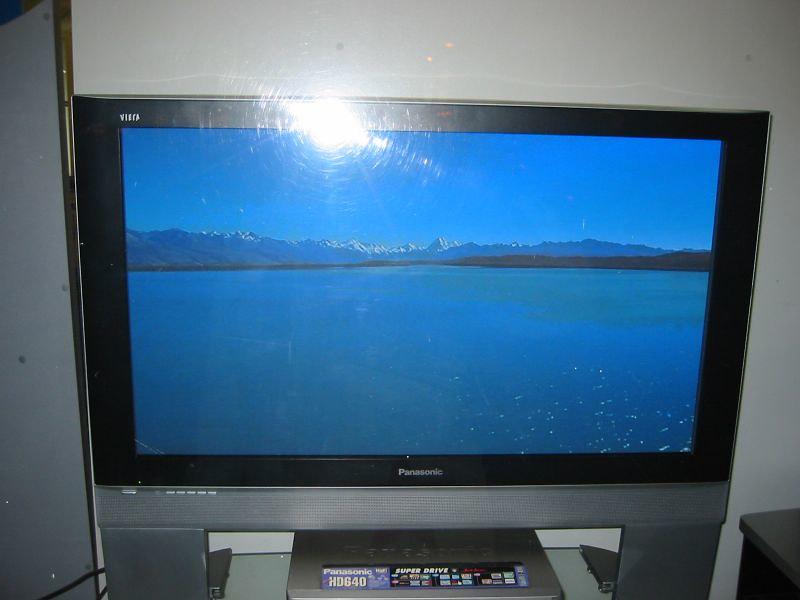In the dim glow of our digital age, screens have become the omnipresent companions of our daily lives, guiding us through work, play, and everything in between. Yet, as the day winds down and the night beckons, a question flickers in the minds of many: should we cast aside these luminous rectangles before surrendering to slumber? The debate surrounding sleep-smarter-maximizing-quality-duration/” title=”Sleep Smarter: Maximizing Quality & Duration”>screen time before bed is a modern conundrum, a tug-of-war between convenience and caution. This article delves into the heart of this dilemma, exploring the science, psychology, and practicalities of pre-sleep screen habits. Join us as we navigate the nocturnal narrative of screens and sleep, seeking to illuminate whether the path to restful nights is best traveled in digital darkness or if there is room for a gentle glow.
The Science Behind Screens and Sleep
Delving into the intricacies of how screens affect our sleep reveals a fascinating intersection of technology and biology. Our devices emit blue light, a high-energy visible light that mimics daylight. This can interfere with the body’s natural circadian rhythm by suppressing the production of melatonin, the hormone responsible for regulating sleep. As a result, exposure to screens before bed can lead to difficulties in falling asleep and diminished sleep quality. However, not all screen time is created equal. The impact can vary depending on factors such as the type of content consumed, the duration of exposure, and individual sensitivity.
- Type of Content: Engaging in stimulating activities, like playing video games or watching intense movies, can increase alertness, making it harder to unwind.
- Duration: Longer screen exposure can have a more pronounced effect on sleep patterns, particularly if it’s habitual.
- Individual Sensitivity: Some people are more susceptible to the effects of blue light and may experience more significant disruptions in their sleep cycles.
While it might be unrealistic to completely eliminate screen time before bed, being mindful of how we use our devices in the evening can make a difference. Adjusting screen settings to reduce blue light emission, setting time limits, or engaging in calming activities such as reading or meditation can help mitigate the adverse effects on sleep.
Unraveling the Effects of Blue Light on Your Rest
In today’s digital age, our devices have become indispensable companions. Yet, these glowing screens may be subtly disrupting our rest. The blue light emitted by screens can interfere with the production of melatonin, the hormone that regulates our sleep-wake cycle. This can lead to difficulty falling asleep or achieving deep, restorative rest. While avoiding screens entirely before bed might seem like an ideal solution, it’s not always practical. Instead, consider implementing strategies to mitigate blue light exposure.
- Enable Night Mode: Most devices offer a night mode setting that reduces blue light emission.
- Use Blue Light Glasses: These can filter out a significant portion of blue light, making late-night screen time less intrusive.
- Adjust Your Environment: Dim the lights in your room and use warm-hued lighting to create a sleep-friendly atmosphere.
- Set Boundaries: Establish a tech-free zone at least an hour before bed to allow your body to wind down naturally.
By integrating these practices into your routine, you can enjoy the benefits of technology without sacrificing the quality of your sleep. Balancing screen time with mindful habits may be the key to a restful night’s sleep in our tech-driven world.

Alternatives to Ditching Devices Before Bed
While it’s often advised to steer clear of screens before bedtime, there are several engaging and relaxing alternatives that can help ease you into a restful night. Instead of scrolling through social media or binge-watching shows, consider immersing yourself in a good book. The tactile experience of turning pages can be soothing and can transport you to another world, far from the digital hum of notifications.
- Mindful Meditation: Spend a few minutes focusing on your breath or a guided meditation to calm the mind.
- Gentle Yoga: Engage in a series of gentle stretches or yoga poses to help relax your muscles and ease tension.
- Creative Journaling: Pen down your thoughts, ideas, or gratitude notes to clear your mind and promote positivity.
- Audio Books: Listen to a soothing audio book to unwind, letting the narrator’s voice lull you into relaxation.
- Puzzles and Crafts: Challenge your mind with a puzzle or let your creativity flow with a simple craft project.

Crafting a Balanced Nighttime Routine
In our quest for a harmonious evening, the idea of completely ditching screens might seem appealing. Yet, in our tech-driven world, this isn’t always practical. Instead of banning screens entirely, consider integrating mindful practices that balance technology use with relaxation. Begin by setting a specific time to disconnect from devices—ideally, at least 30 minutes before sleep. During this window, engage in activities that encourage winding down, such as:
- Reading a physical book or magazine
- Practicing gentle yoga or meditation
- Journaling thoughts and reflections of the day
- Listening to calming music or a soothing podcast
For those who find it challenging to completely unplug, employing night mode settings or blue light filters can mitigate the disruptive effects of screens. Additionally, designate a cozy nook in your home as a tech-free zone, inviting relaxation and a sense of tranquility. By weaving these practices into your evening, you create a balanced routine that embraces both the benefits of technology and the peace of unwinding naturally.
